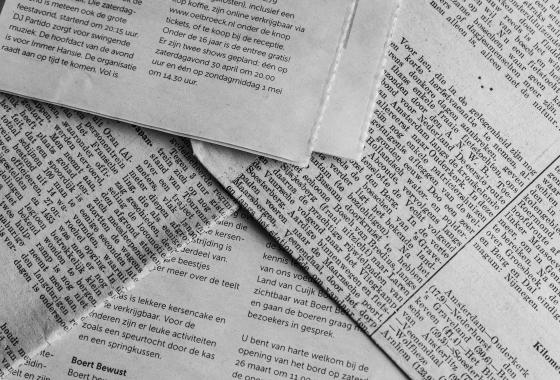
H03E - Title Deed for Property
Category : Housing
H03E - Title Deed for Property
The purchase of property is commonly carried out in two stages. This entails the signing of a promissory contract (Contrato Promessa de Compra e Venda) setting out the conditions under which the final contract of sale will take effect. Once these conditions are met the process is finalised by signature of the contract of sale. The signature of the contract of sale normally has to be formalised by a Notary (Notário ou Cartório Notarial), a Land Registry Office (Conservatória do Registo Predial) or in a Casa Pronta service desks this procedure is called by escritura pública, where the contract is written in a bound register kept at the Notary’s office. A more detailed description of the sale process is provided in Bulletin H/09E Housing: Buying and Selling.
Buying a property involves costs beyond the value of the property itself. One of them is the deed, a charge that is borne by the buyer of the property. This does not have a fixed value, since the total depends on three factors:
IMT (municipal tax charged by the State and varies according to the location and type of property)
Stamp tax (always 0.8% of the purchase price)
Amount paid to the notary or other competent entity
The final sales contract, the escritura pública, is drawn up by the Notary/Land Registry Office on the basis of the documentation provided by the intervening parts. It is written in Portuguese. A date will be agreed upon for the seller and buyer to sign the escritura. Before the signing, the document will be read aloud to both the seller and the buyer at the same time. If either does not understand Portuguese a translator should be present or their lawyer should be provided with a power of attorney to sign the escritura on their behalf.
After the signing, the staff will provide both the seller and the buyer with a certified copy of the escritura. This is your proof of transfer of ownership and is an important document for the purchaser to register his new ownership at the Land Registry Office (Conservatória do Registo Predial) and with the Tax Department (Serviço de Finanças). It is also needed to transfer utility (water, electricity, gas & telephone) contracts to the new purchaser’s name and the new owner needs to provide his data and contacts to the Condominium Administration (if applicable).
House deeds can also be signed via video conference. This measure covers not only Casa Pronta (a service provided by the Ministry of Justice that allows all necessary formalities to be carried out immediately, including the purchase and sale of a house), but also notary offices and lawyers.
This act performed online has the same value as acts performed in person.
Recordings of sessions are archived for 20 years and may be made available to those involved by means of a court order.
Videoconferencing sessions are held via a computer platform managed by the Institute of Registries and Notaries, in conjunction with the Institute of Financial Management and Justice Equipment.
Authentication is done with Cartão de Cidadão or Chave Móvel Digital (Digital Mobile Key).
The session is recorded with the due consent of those involved.
Buyers and sellers of the house may be accompanied by lawyers or solicitors, in person or remotely, and this will be mentioned in the documents. Finally, the documents are digitally signed and sent to the platform. Subsequently, an electronic copy of the document is made available to those involved.
Purchases with mortgage:
The minutes of the Deeds are drawn by the bank and then signed at the Notary’s Office. Before that, provisory registrations are made at the Land Registry Office in which includes the amount of the mortgage. IMT tax (Imposto Municipal sobre a Transmissão Onerosa de Imóveis) is still paid by the purchaser as well as the Deeds and the provisory registration, which in this case includes the contract with the bank. A life insurance is required in this case.





